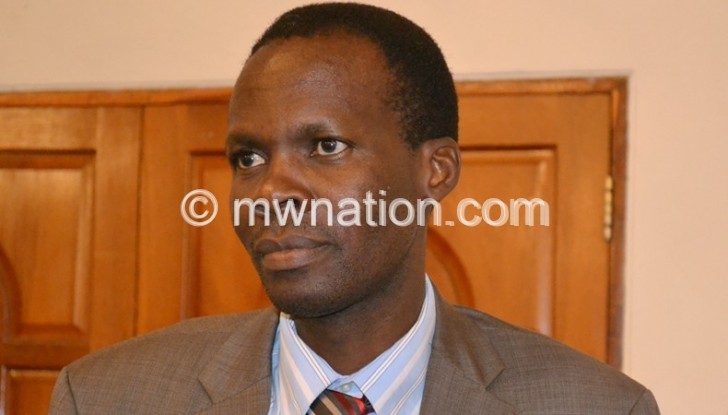Councils fail to account for k34.2bn
Fraud and accountability queries have emerged against local councils which are failing to produce comprehensive expenditure reports following increased funding from K3 billion (about $4.6million) to K34.2 billion (about $52.8million) in a decade, courtesy of decentralisation.
The 2015 Tilitonse Fund Report indicates that funding to local government councils has progressively increased from K3 billion in 2005/06 financial year to K34.2 billion in 2015/16 financial year.
The report notes that the councils are faced with numerous queries bordering on fraud and limited accountability of resources obtained from central government.

Titled Political Economy Analysis of Accountability Government Councils, the report follows a research conducted by Asiyatu Lorraine Chiweza, a professor in the department of political and administrative studies at Chancellor College of the University of Malawi.for Resources and Results in Local
Among others, the study found that despite media reports suggesting serious accountability challenges and the prevalence of corruption in local government councils “the nature and extent of the problem is not fully known”.
Reads the report in part: “There is limited production of financial reports and attention to audit reports, abuse of locally generated revenues and politicised intra-district allocation of development resources.”
It says these practices have been prevalent due to weak external oversight mechanisms, a fledgling council oversight system, weak functionality and capacity of the Finance and Audit Committee to effectively perform oversight functions and limited effective oversight over resources by local institutions, civil society organisations (CSOs) and citizens.
Further reads the report: “The issue of limited oversight was also raised in the report of the Auditor General on the accounts of city, town and district councils dating as far back as 2012.
“The Auditor General’s report noted that laxity in financial management in local government councils has persisted because council officers took advantage of the absence of an effective council oversight system that came about because of the postponement of Local Government Elections.”
The report observes that the coming in of councillors and subsequent establishment of legal local councils following the May 20 2014 Tripartite Elections gave hope for an improved situation.
However, the report notes, much has remained the same because most councillors are new, inexperienced and have limited knowledge about how the council operates.
“They don’t know what information to ask for, and what they are supposed to do to ensure the accountability of council officers; and the preponderant power and influence of district council staff,” says the study.
The report also exposes gaps in the manner in which CSOs operate. It says accountability-related projects largely focus on building citizen voice to demand services and explanations from duty -bearers and facilitate dialogue between citizens and duty-bearers.
“Consequently, most locally based CSOs and local level committees such as VDCs [village development committees] and ADCs [area development committees] are preoccupied with demanding and following up on completion of localised development projects but do not have meaningful control over council finance, procurement processes and even establishing linkages with budget expenditures at the local level,” it says.
With respect to citizens, the study says locals are generally poorly informed about council processes and finances.
The analysis was mainly conducted as a rapid study through document and literature review, key informant interviews with the National Local Government Finance Committee staff, Ministry of Local Government and Rural Development, National Audit Office and Anti-Corruption Bureau.
Information was also collected from Malawi Economic Justice Network (Mejn), Kalondolondo Project and National Democratic Institute (NDI).
In light of the foregoing, the study recommended that Tilitonse, its partners and other interested stakeholders should focus on enhancing council service delivery by improving accountability, transparency and participation in issues of locally generated revenues and development funds.
Ministry of Finance spokesperson Nations Msowoya confirmed in an interview Treasury releases a lot of money to councils due to decentralisation and that “the risk of fraud is high and it needs to be managed”.
He said the ministry works through the National Local Government Finance Committee as “our eyes on the funds”.
Msowoya said the Central Internal Audit Directorate sends teams as well to councils to monitor the operations of councils on such funds.
He said: “Our expectation is that with the election of councillors expenditure will be monitored in councils. Instead of them being agents of fraud, they need to be agents of accountability.”
Ministry of Local Government and Rural Development Principal Secretary Stuart Ligomeka said he could not comment on the issue because he has not seen the report as he is new at the ministry.
Malawi has 35 local government councils broken down as follows: four city councils (Blantyre, Lilongwe, Mzuzu and Zomba), two municipal councils (Luchenza in Thyolo and Kasungu), one town council (Mangochi) and 28 district councils. n





